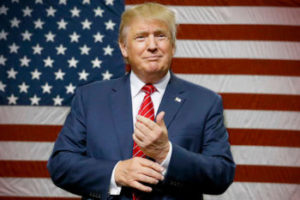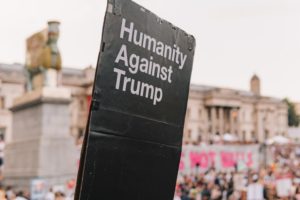 Updated 7:48 PM ET, Mon March 25, 2019
Updated 7:48 PM ET, Mon March 25, 2019
The U.S. Justice Department knew three weeks ago that Robert Mueller would not be reaching a conclusion whether President Donald Trump obstructed justice. The special counsel’s team informed Attorney General Bill Barr and Deputy Attorney General Rod Rosenstein about Mueller’s intentions at a meeting that took place roughly three weeks ago. The meeting wasn’t only about discussing the matter of justice obstruction, according to a source familiar with the matter. During the meeting, the special counsel’s team also asked for more time to finish their work for administrative reasons. The Justice Department granted their request.
On Sunday, March 24, Attorney General Bill Barr released a four-page summary of Mueller’s principal conclusions, explaining that the special counsel “did not draw a conclusion — one way or another — as to whether the examined conduct constituted obstruction.”
“Instead,” Barr wrote, “for each of the relevant actions investigated, the report sets out evidence on both sides of the question and leaves unresolved what the Special Counsel views as difficult issues of law and fact concerning whether the President’s actions and intent could be viewed as obstruction.”
Mueller’s final decision on not issuing a conclusion regarding whether President Donald Trump obstructed justice stood out especially because, during the special counsel’s investigation, Mr. Mueller never had a chance to complete a sit-down interview with President Trump to assess his state of mind despite initially having considered issuing a subpoena for his testimony.
On Sunday, the U.S. Justice Department, based on the evidence developed during the special counsel’s investigation and federal charging guidelines, stated that it couldn’t make a prosecutable case against the President for obstruction, without regard to the Justice Department’s policy of not indicting a sitting president.


